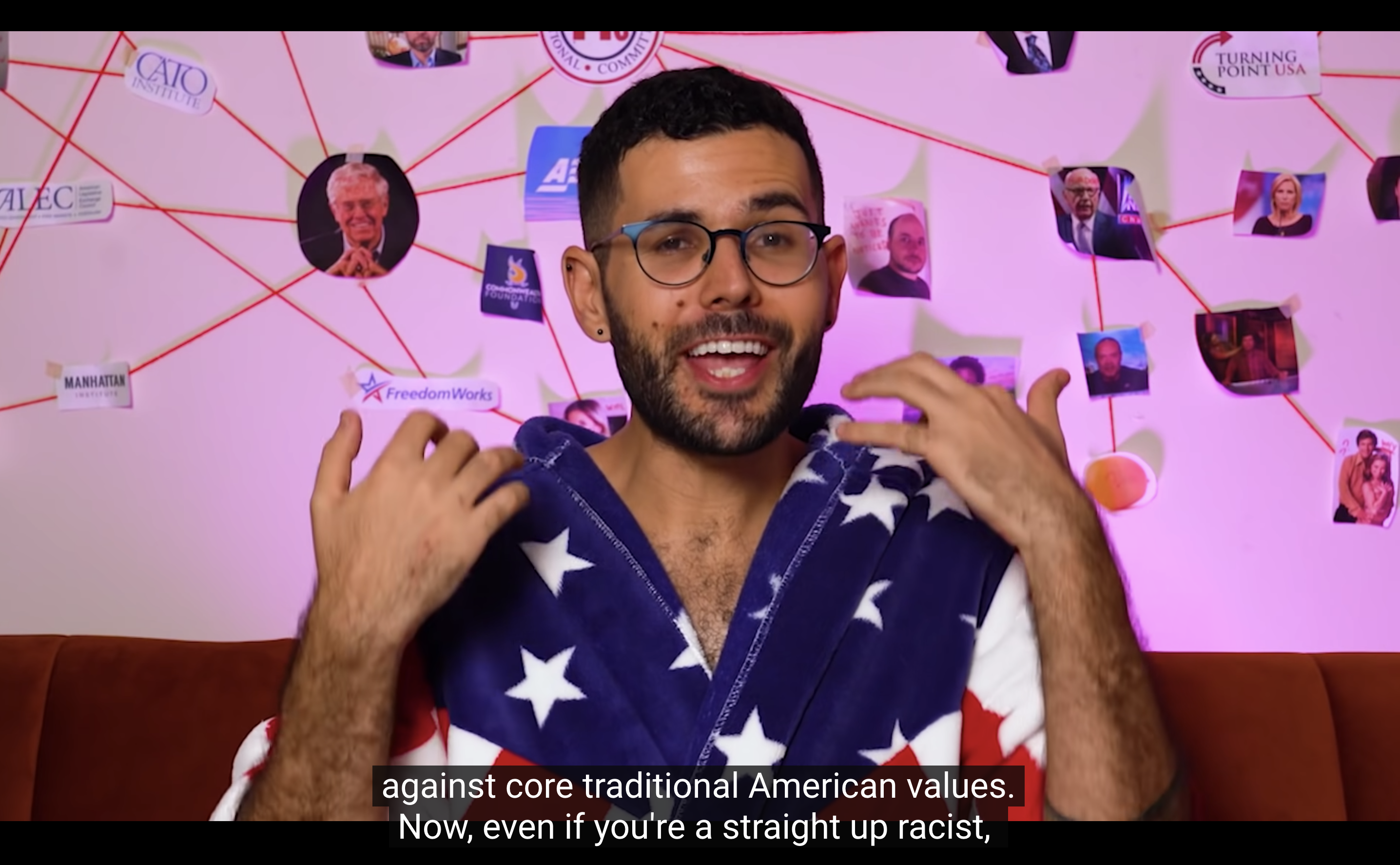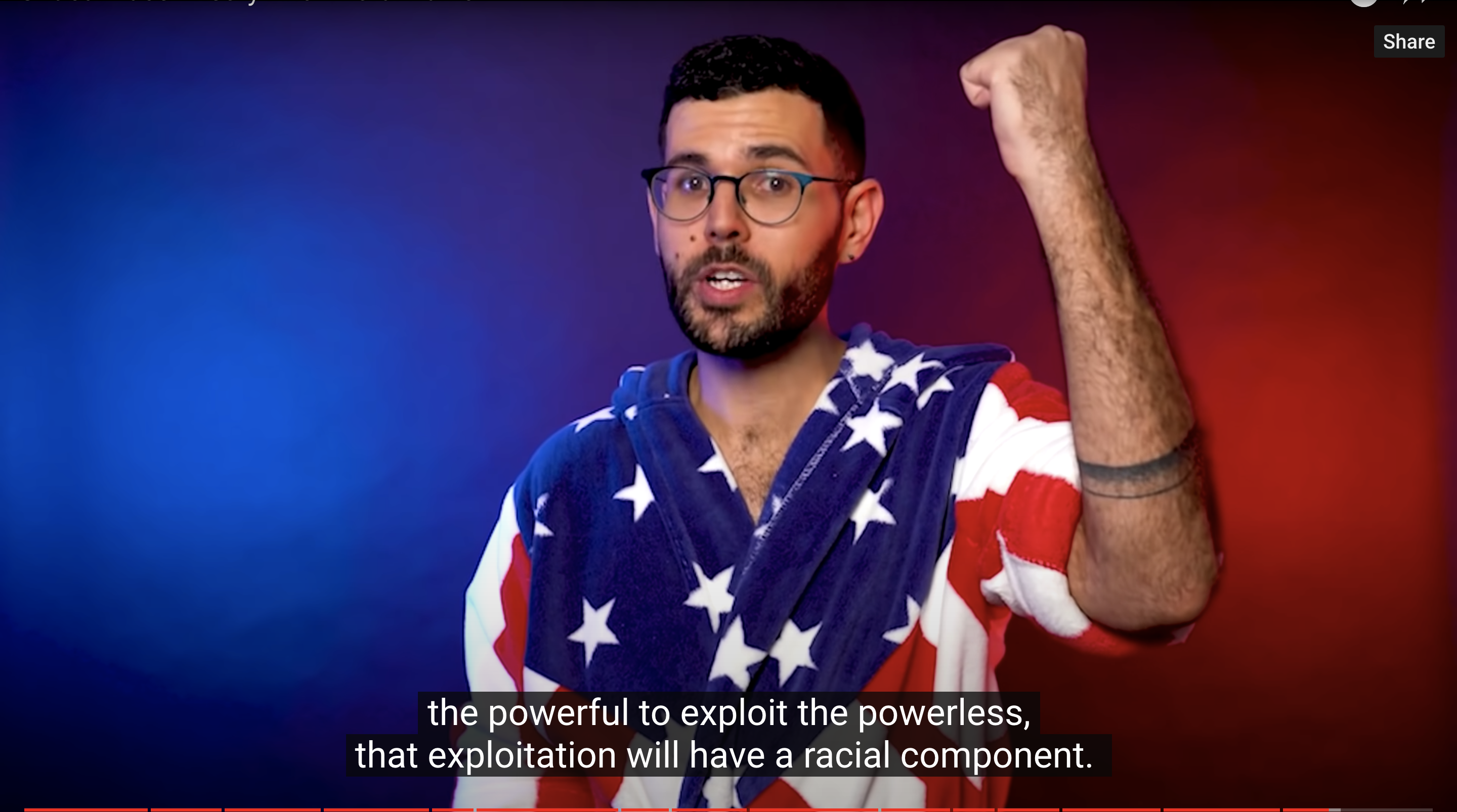This is an excerpt from Please Like Me, BuzzFeed News’ newsletter about how influencers are battling for your attention. You can sign up here.
A perennial theme of my reporting, and that of my internet-covering colleagues, is how poorly platforms enforce their policies around who gets banned or suspended. Because regulation often happens programmatically, it can unintentionally punish targeted marginalized communities the most.
When an account is mass-reported for doing something “wrong” — sometimes by flocks of people for bigoted and hateful reasons — it automatically triggers the platform to take action against the user. There are limited human moderators to navigate the nuances of each case and determine whether the retribution actually fits the crime. And so often, it doesn’t, meaning that people get suspended or terminated for misunderstandings, minor issues, and harassment.
Even in cases when a violation is justified, like with a copyright complaint, the response can be restrictive and depriving for small creators with the least amount of leveraging power. YouTuber Carlos Maza recently ran into this exact issue.
Earlier this week, Maza got a notification from YouTube that his commentary video “Critical Race Theory And ‘Moral Panic’” had been demonetized for a copyright infringement from Sony Music Entertainment. The complaint related to a remix of Rage Against the Machine’s “Know Your Enemy” posted on YouTube by user Alex Taleah Aleksandar in 2019. Maza embedded about a minute of it during the closing scenes of his nearly hourlong video.

Maza, who has 89,000 subscribers, told me he’s not appealing it — “They're technically right,” he said. He acknowledges these flags and violations are almost entirely automated and not “an active choice on YouTube's part” to police creators.
I reached out to Epic Records, the label behind the popular RATM song, to ask if it had flagged the use of the remix, and if so, how its own algorithmic detection system works. I’ve not yet heard back.
Maza’s greater point is that however “right” or legally defensible these copyright cases are, they’re big barriers for creators who are trying to, well, be creative and make a living.
“It forces them to choose between an expensive music licensing service or using the very low-quality YouTube offerings, which don't work for most types of videos because they're too busy or one-note,” he said.
This is restrictive on a lot of fronts. Petty copyright issues keep small creators from getting ahead; it keeps content less compelling and experimental; and profits continue to be pocketed by large copyright holder institutions.
“If you rely on YouTube for income, and being flagged by the algorithm means zero income, you're going to err on the side of borrowing as little copyrighted material as possible,” Maza said. “That doesn't just make YouTube boring and gray — it also has a chilling effect on creators who want to remix/reuse mainstream cultural material.”

When I reached out to YouTube, a spokesperson provided me with a statement that emphasized that the company does not “mediate copyright claims” and that it encourages its creators to challenge those claims if they believe they’re received “in error.” (In this case, Maza doesn’t, and I relayed that to them.)
“YouTube doesn't mediate copyright claims — it is between the parties involved — and it’s vital to us that creators on YouTube are rewarded for their hard work,” the statement read. “This is why we’ve built tools that help creators navigate the copyright process and resolve issues that impact their ability to make money.”
It’s nice to hear that YouTube wants to help “navigate the copyright process” for its creators, I guess. And the company is restricted in what it can do about legally binding procedures. One workaround for creators is called Content ID, or a system created by YouTube to allow them to keep their videos up while any revenue will be directed to the copyright owner.
But that doesn’t address the dicier ethical point, which is that it is really, really unfortunate that a piece of audio Maza used that makes up 1/60th of his video essay — and is not central to his thesis — immediately stripped away his earning potential from it. That puts all the power in the engine of the copyright holder to go after anyone it wants to, and since processes are mostly automated, they will win almost every time. Smaller creators are continuously burdened with the decision to try to contest the processes or resigned to work with fewer tools every time.
Believe me, the irony that this issue involves a Rage Against the Machine song is not lost on me. It’s tragically poetic.
Copyright claims, in their most mild form, are superfluous. At their most exploitative, they can be explicitly used to silence people. Last month I wrote about a YouTuber named Quentin who had a video criticizing popular fratty prank channel Nelk Boys successfully pulled down after he received multiple copyright claims from the Nelk Boys themselves. Quentin told me he believes they were gaming YouTube’s system to suppress the message in his video. (He only used a few seconds of footage of theirs and believed it was protected by fair use because its purpose was to support his commentary about them.)
YouTube ultimately reinstated Quentin’s video, but for a time his account was on probation. He received an official strike for the Nelk Boys’ copyright complaint, and three strikes can have a creator permanently banned from YouTube.
It is a dainty ribbon of a line between when copyright is used to protect an author’s unique work and when it’s weaponized for the author’s greed and dogmatic control. And, look, this newsletter isn’t going to influence much — the law is the law.
But I hope it’s another exhausting reminder that fair regulation requires a lot of detailed examination, critical thinking, and good moral judgment. Machines are not going to be able to do it. But they have been really helpful for large corporations that want to rage against individuals with immunity and authority. ☺
Until next time,
Tanya

